Personal Reflections from the Chronicles of Belteshazzar: When Praying Was Illegal
Read More
Now when Daniel learned that the document was signed, he entered his house and he continued kneeling on his knees three times a day, praying and offering praise before his God, just as he had been doing previously. Daniel 6:10
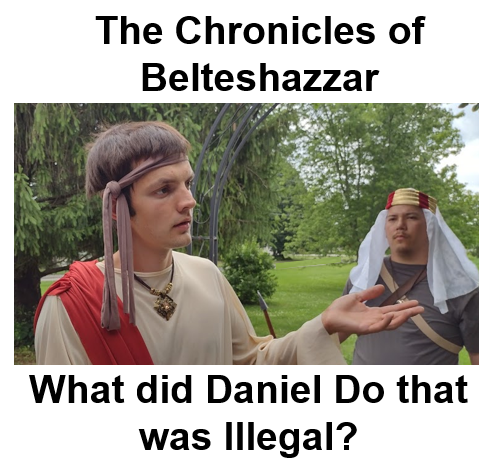
In Chapter Two of The Chronicles of Belteshazzar, the children come to spend the weekend with their grandparents. The reader is introduced to Grandpa and Nai Nai, which is the Chinese name for the Paternal Grandmother. Isaiah then asks his grandfather about the phrase “Separation between Church and State.” Grandpa uses this question to introduce the story of Daniel and how he prayed to God when it was against the law in Babylon. You’ll find the scriptural basis for the story of Daniel in the Lions’ Den in Chapter 6 of the Book of Daniel.
Using a Story From Your Life to Teach Timeless Truth
The story of a girl taking a bible from a young boy’s hands and then shouting “Separation of Church and State” as she tossed it into some bushes actually happened – to me, when I was in eighth grade. And so, In this secont blog post for The Chronicles of Belteshazzar, I weave an actual story from my life into the teaching of a principal about never being afraid to pray to God.
Because of that memory in my life, I wanted to raise this question: What does the phrase “separation between church and state” mean? This is not a trivial question, as the topic of what is or is not allowed in school is a much-debated topic. In this chapter, I attempt to bring the issue of teaching about God in school into focus in such a way that a young person can grasp the nuances of the topic.
When writing my novel, one of the young girls reading the book emailed me to say that while she knew who Thomas Jefferson was, she was not sure what, if anything, he had to do with the writing of the Bill of Rights. This allowed me to have an ongoing conversation with her about the topic beyond the scope of the book.
As an adjunct college professor, I enjoy introducing my students to the little-known fact that the phrase “separation between church and state” comes from a letter written by Jefferson when he was President to an association of Baptists in the state of Connecticut. Even less well known is the story of the question they asked that prompted his response.
I was aware of multiple Youtube videos that explained that whole relationship. And so, I went online to find a video the help my young friend better understand the context. The gist of what the Danbury Baptist Association wrote to Jefferson is related in the chapter.
Basically, the issue was this: If God is the author of our “inalienable” right to worship Him as we see fit, then by putting such a “right” in the First Amendment, do we not make MAN the one who grants that right (“we enjoy as favors granted”)– and if MAN grants that right, can he not CHANGE that right in the future (“and not as inalienable rights”)?
Jefferson replied to them by stating that the First Amendment created “a wall of separation” that would protect the church from the power of the state. It was therefore a one-way wall creating a “wall of separation between church and state.”
While looking for a video to send her, I came across a man speaking in a language I later was able to identify as Farsi explaining Jefferson’s correspondence with the Connecticut Baptists. Farsi, you see, is the main language spoken in Iran. (I’ve included that same video that I sent to my young friend.) When I went to the man’s youtube channel, the Houshang Academy, I discovered that he had created many videos in which he explains the Federalist Papers. I invite you to visit his Youtube Federalist Papers Playlist!
To Pray or Not to Pray at High School Graduation: A Personal Experience
In the Book of Daniel, those that hated him got the king to create a law about worshipping God that Daniel could not obey (he could only pray to the King, but not to God). The Danbury Baptists would CERTAINLY have known this, and feared that someday, an American President/Congress would do the same thing to a religious group they did not like.
In the 1990s, I served as the State Director of the Indiana Christian Coalition. In 1993, the Indiana Civil Liberties Union (ICLU) sent a letter to all of the school corporations in the state threatening to sue them if they allowed a prayer or reference to God during any part of the graduation proceedings. The American Center for Law and Justice responded with a counter letter to Indiana’s school corporation threatening to sue if a student Valedictorian Speaker was denied the right to express their faith in God during their remarks. That year, I was invited to be part of a debate on this issue in which I faced off against the ICLU attorney who had written that letter to the schools. In my remarks I connected the story of Daniel being thrown into the Lions’ Den to what was happening at that time. I noted that at the end of the story about Daniel, all those who sought to harm him, along with their families, were thrown to the lions. My point was that by removing God from society, the culture itself would unravel.
This leads me to an important conversation that takes place in the movie, God’s Not Dead 2. In the movie, high school history teacher Grace Wesley (played by Melissa Joan Hart) is leading a discussion about civil rights, when a student asks a question comparing the teachings of Jesus to those of Rev. Martin Luther King Jr. and Jesus. In answering the question, Grace quotes scripture in which Jesus says “love your enemies and pray for those who persecute you” to confirm the similarities. Because of this, the school wants to fire her and takes her to court. It is during this stressful interchange that the character Grace Wesley says:
“I Would Rather Stand with God and be Judged by the World, Than Stand with the World and be Judged by God.”
It is this same attitude that I believe the Prophet Daniel had, and one which, through the telling of the story, I have striven to convey.
Question for Reflection
This brings me to a discussion question you might wish to have with your kids or grandkids, or the next time you’re at the dinner table and you’re having a discussion about those big questions in life. Here’s the “Question for Reflection” – actually, two:
Why do you think an Iranian man would want to make videos to explain the American Constitution? What similarities or differences can you see between Daniel wanting to pray in Babylon and American students wishing to talk about God at school?
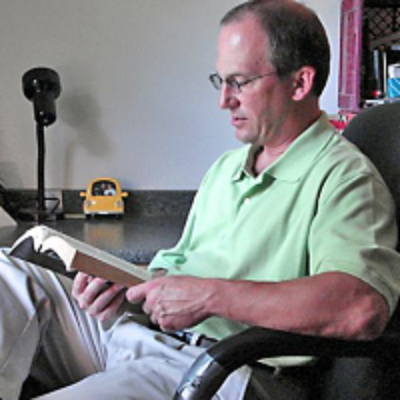
Written by David Lantz. Please consider sharing this post with others.
More From These Three Categories

Journey #6: God Desires to Expand Your Comfort Zone
How has God forced you to get out of your comfort zone? Perhaps through corporate downsizing that required you to learn new skills? I believe God designs circumstances that change our attitudes about things. These changed attitudes then guide the actions we take in response to our new circumstances. If we follow His leading, He will prepare us for our mission from God.

Face the Future with Faith, Not Fear
Stepping out in faith to take ownership of my work exposed me to new opportunities. To be honest, while I never made much money with my newsletter, it in turn led to still other opportunities. From that experience, I learned to face the future with faith, not fear.

Pursuing Your Mission from God – Journey Step #4
Today, in my High Tech Journey to a Linked In World Episode 4 video, I talked about how I bought my first computer in 1987. By today’s standards, it was a dinosaur with two 5.25 inch floppy disk drives (no hard drive!) As time went by, I bought various programs that...
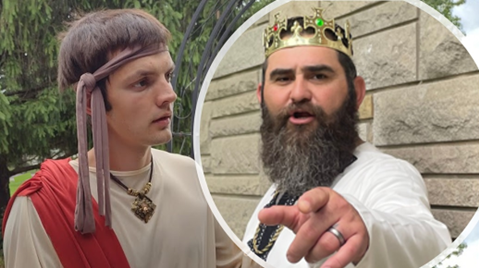
Personal Reflections from The Chronicles of Belteshazzar: Exile to Babylon
In Chapter 5, I explore the relationships that both Daniel and Nebuchadnezzar may have had with their fathers. I’ll use this discussion to consider the kind of relationship we have or (or had) with our earthly fathers.
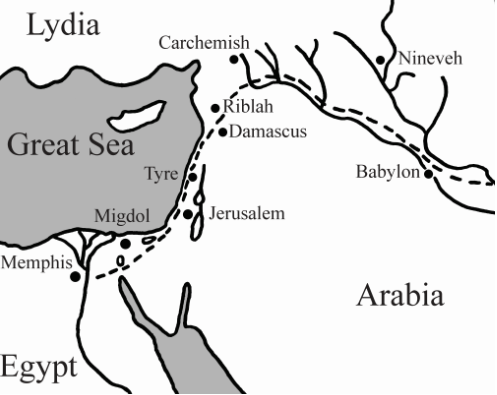
Personal Reflections from the Chronicles of Belteshazzar: King Jehoiakim Surrenders
When I was the State Director of the Indiana Christian Coalition, I was reluctant to go to events and speak out. I wasn’t sure how people would accept me. While I was reluctant to do so, I knew that this was something I had to do.Back in 1997, I was driving to work,...

Personal Reflections from the Chronicles of Belteshazzar: The Story Begins
Thinking back on those years when I was a young father, they were not the best times for my own career. In the movie, Meet the Robinsons, we see that a way to deal with failure is to keep moving forward.Sharing ideas and helping children learn can be a fun thing to...
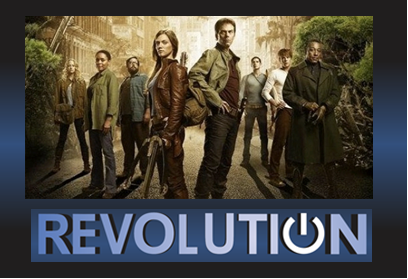
The Unraveling: The Gray Champion Meets the Country Class
In the 1830s and 1840s, the author Nathaniel Hawthorne published a series of short stories titled Twice Told Tales. One of those short stories was called The Gray Champion. I first became aware of this short story in a book titled Generations: The History of America’s...

Providing Cultural Leadership Via the Viral Loop
A tech savvy millennial generation led by liberal progressives is dominating the something I call the “viral loop.” The concept behind this is very simple: Display an image, meme, or short video with a teaser about more information if you “click on this link.” Clicking on the link takes you to a more in-depth article from a politically left-wing source. You are encouraged to share these sources so that your friends will repeat the process. This is the high-tech equivalent of “word of mouth marketing.” The question is: How do we on the conservative side compete when they seem to be so entrenched in the media culture?
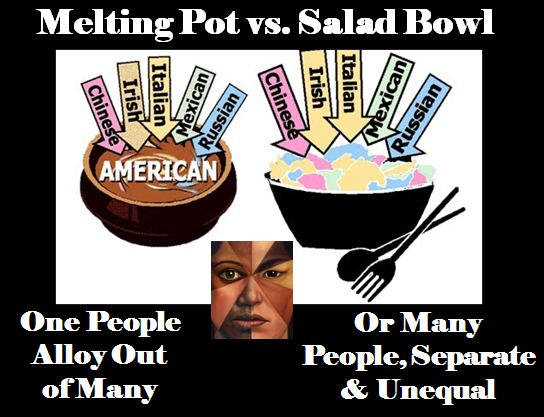
The Unraveling: Trading In a Melting Pot for a Salad Bowl
The Declaration of Independence contains this immortal statement: "We hold these truths to be self-evident, that all men are created equal, that they are endowed by their Creator with certain unalienable Rights; that among these are Life, Liberty and the pursuit of...


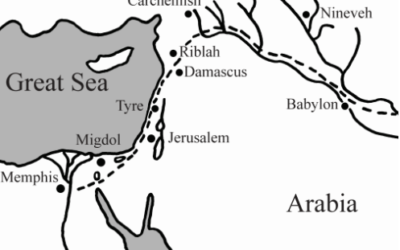

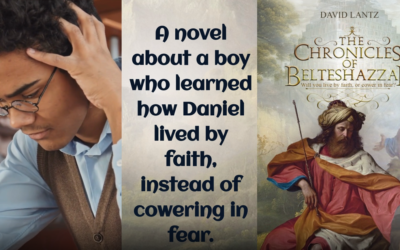
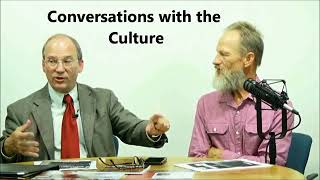
0 Comments